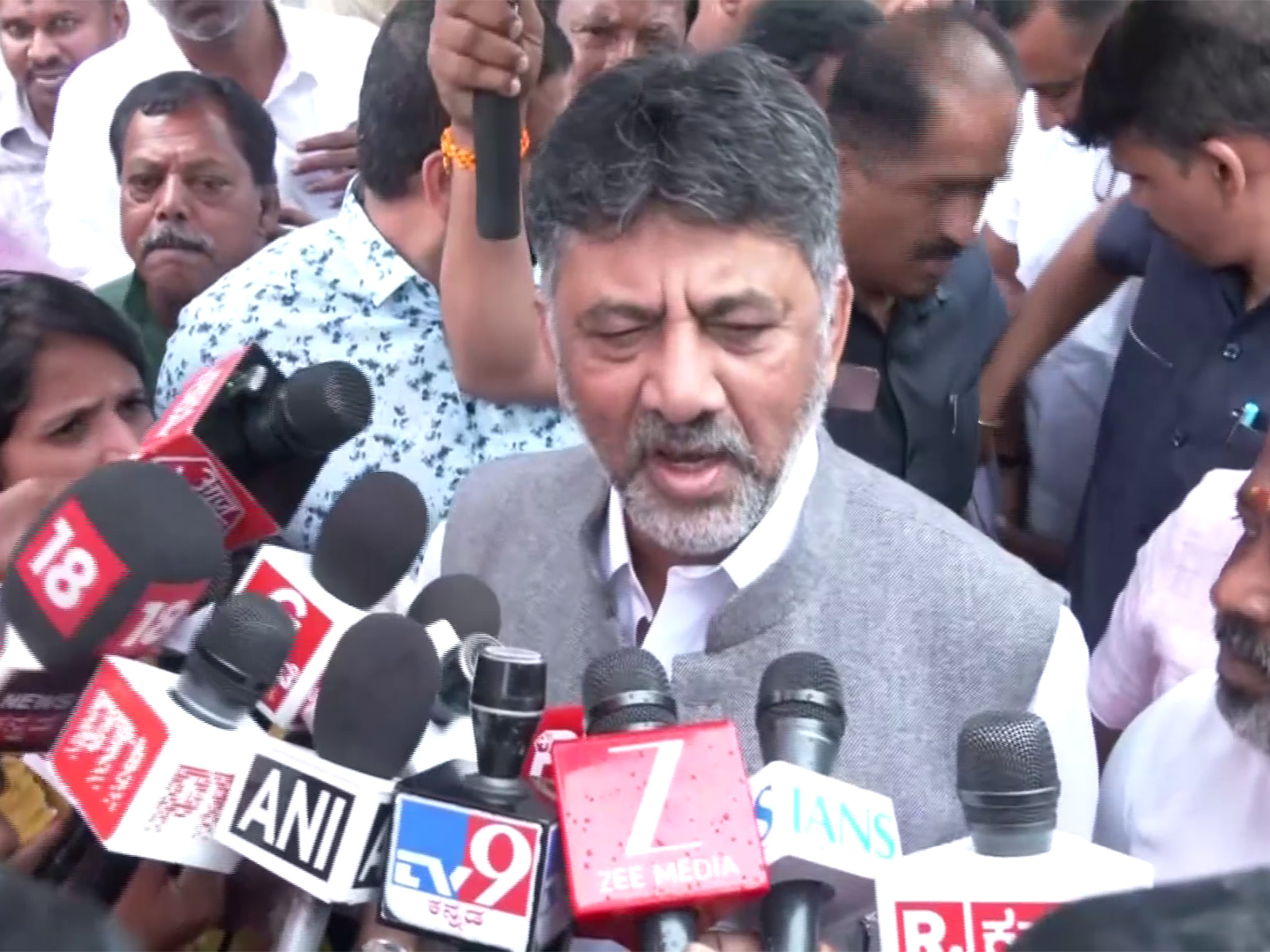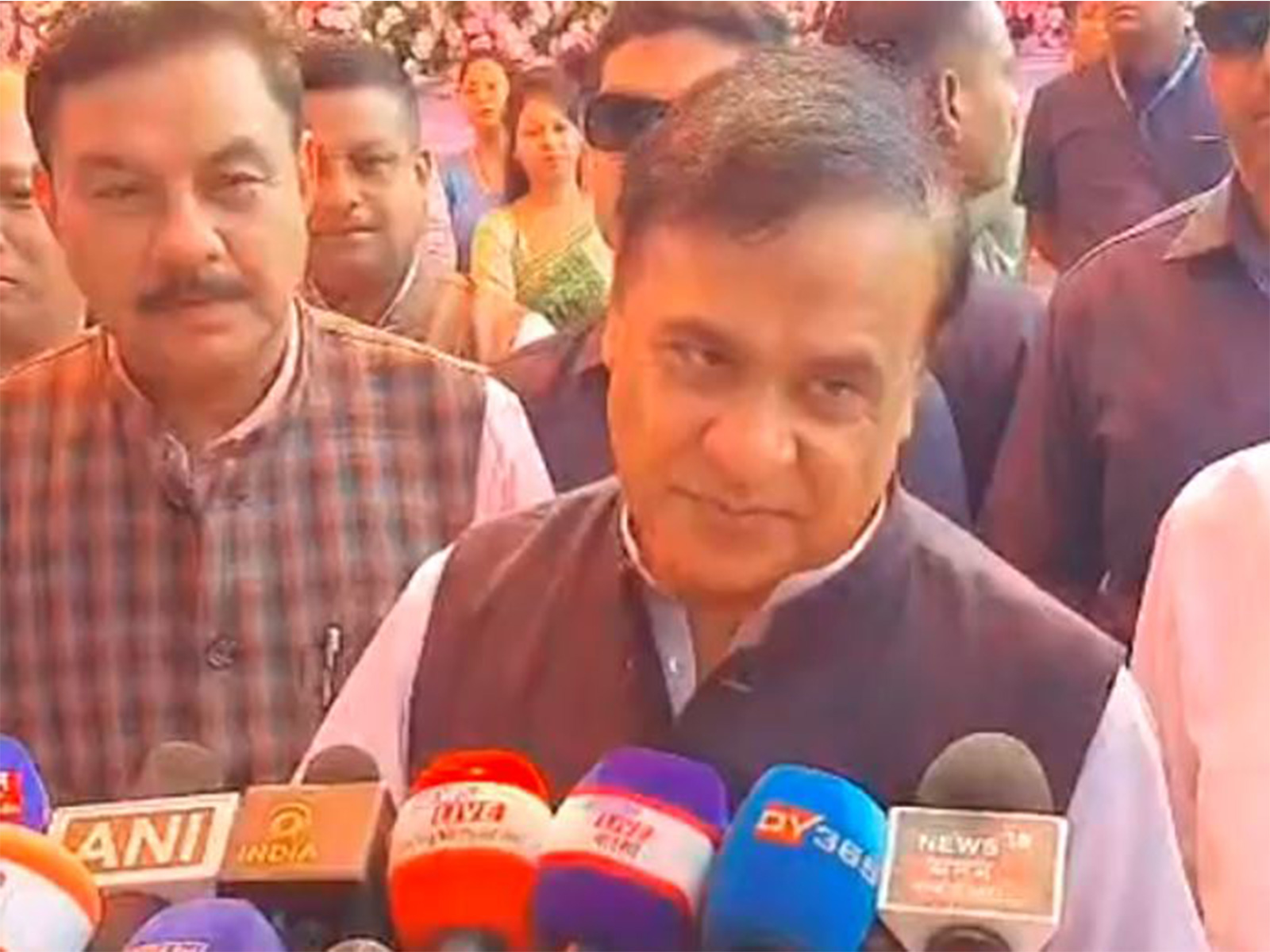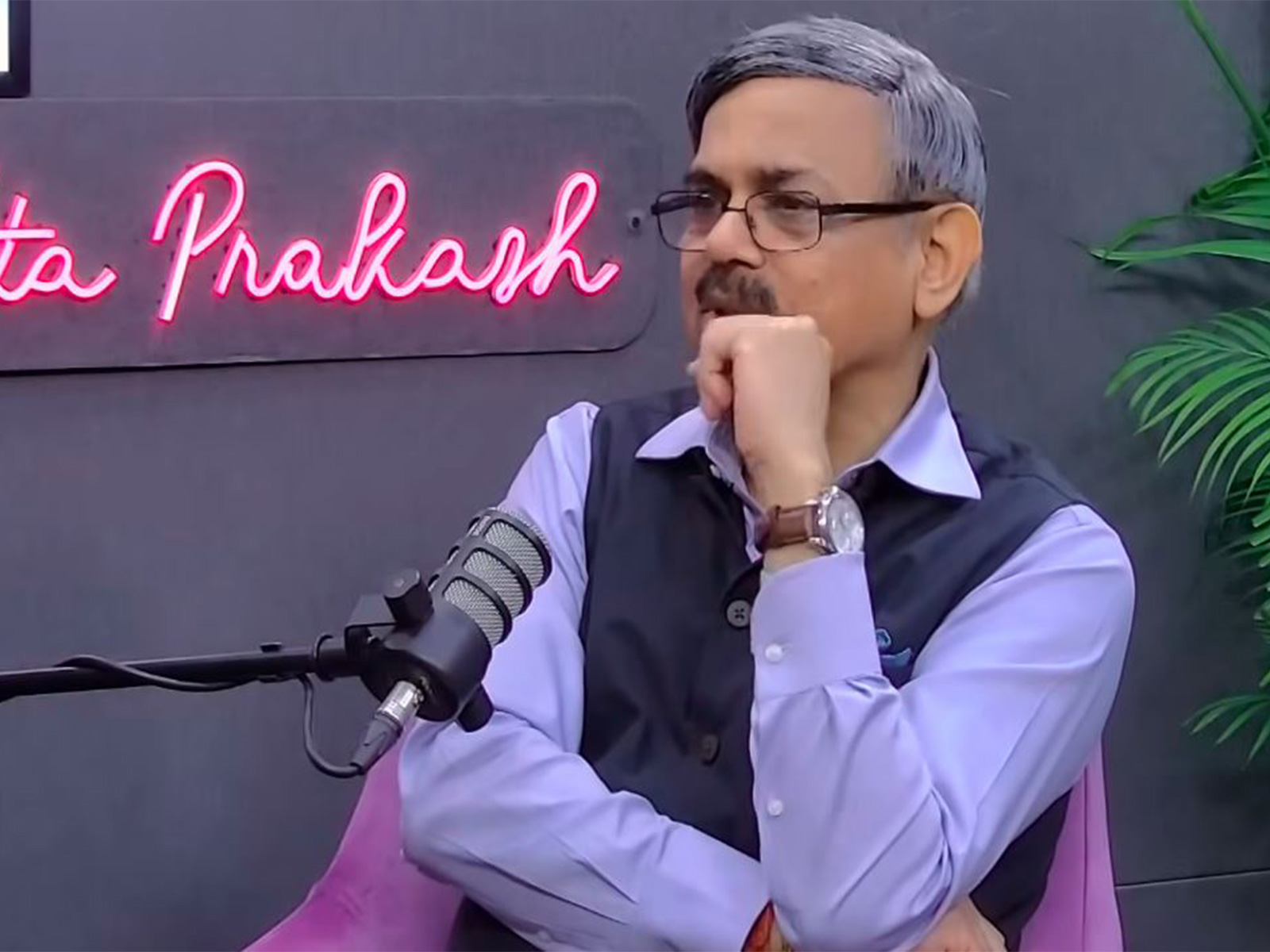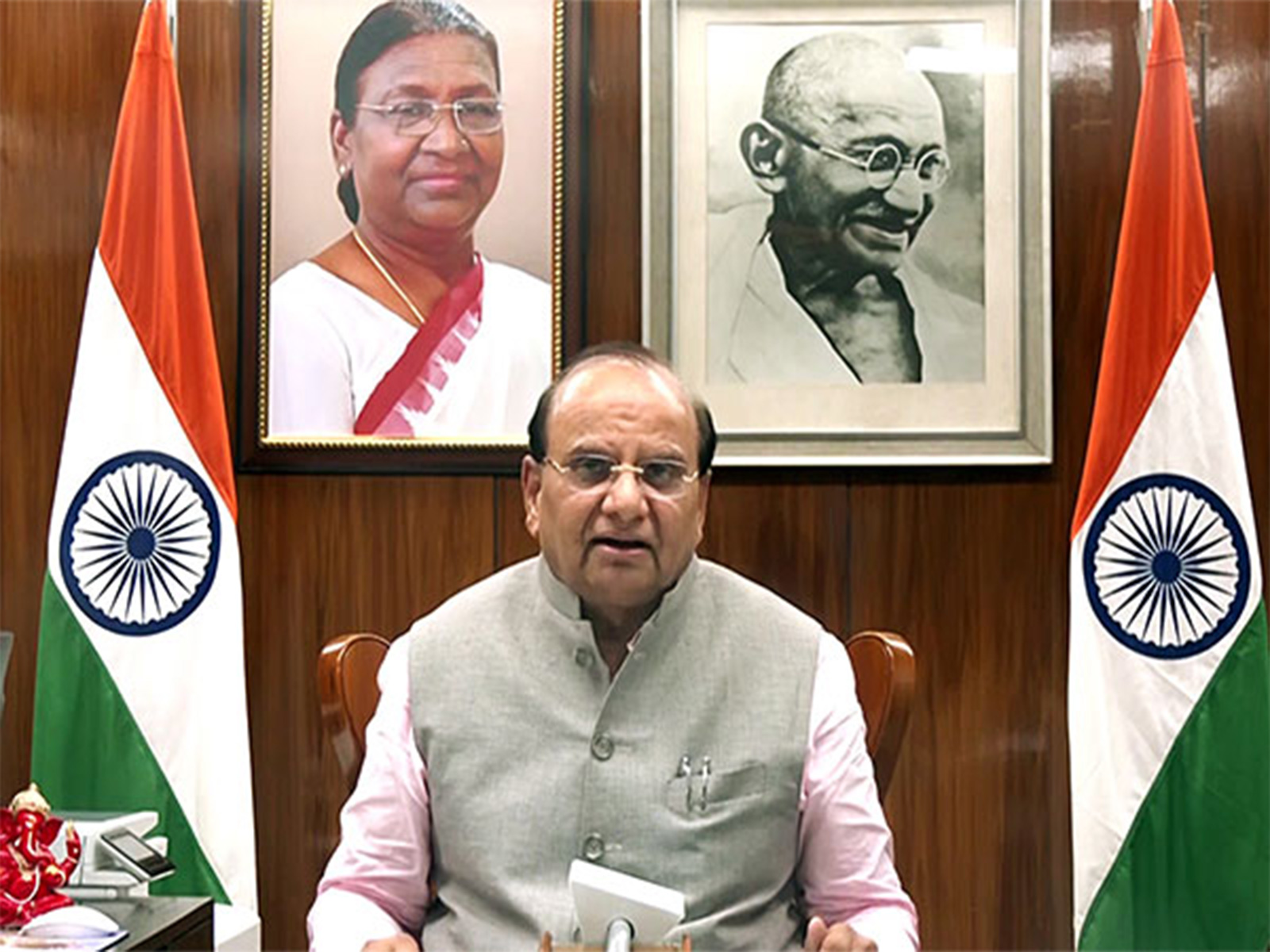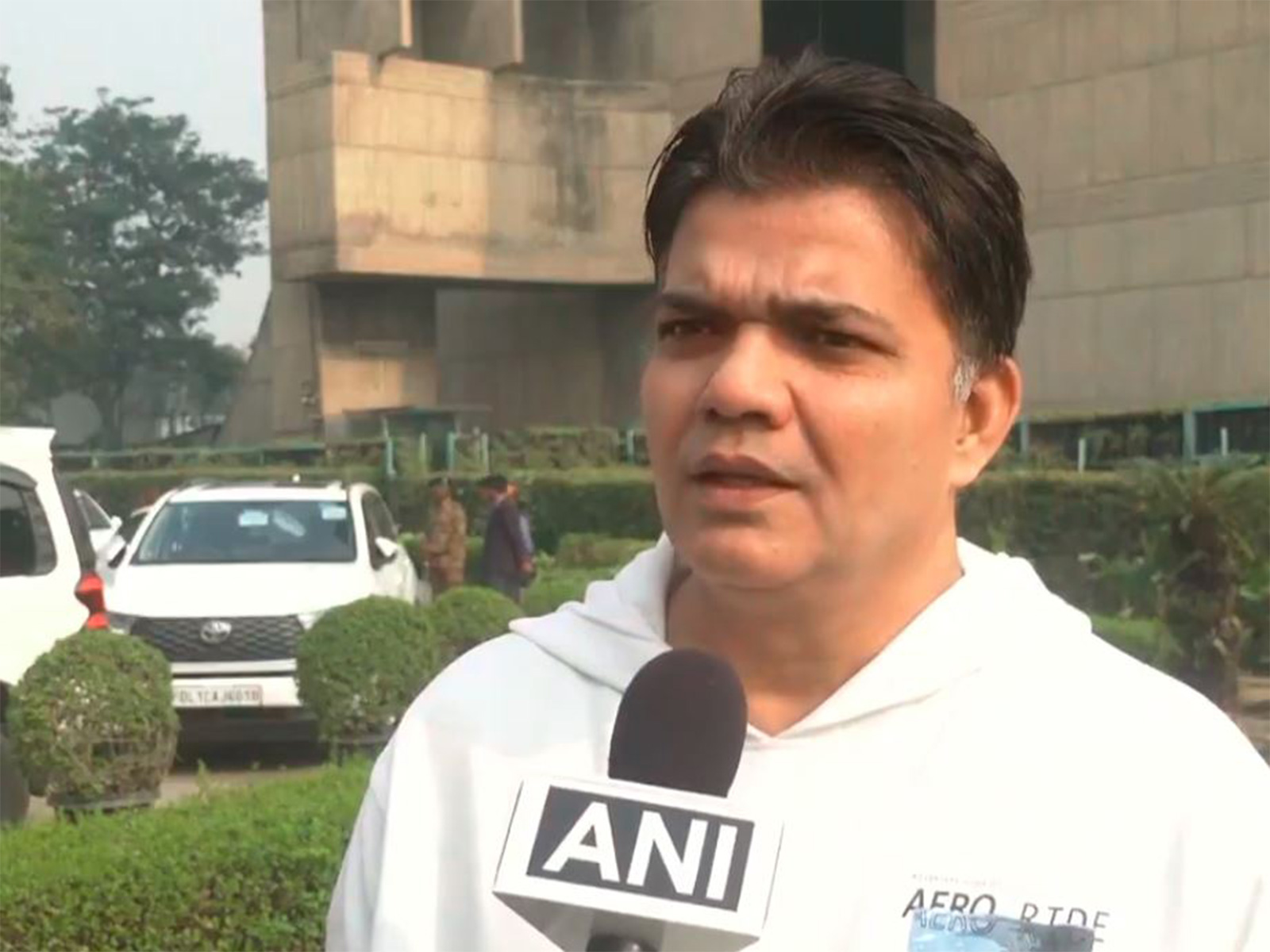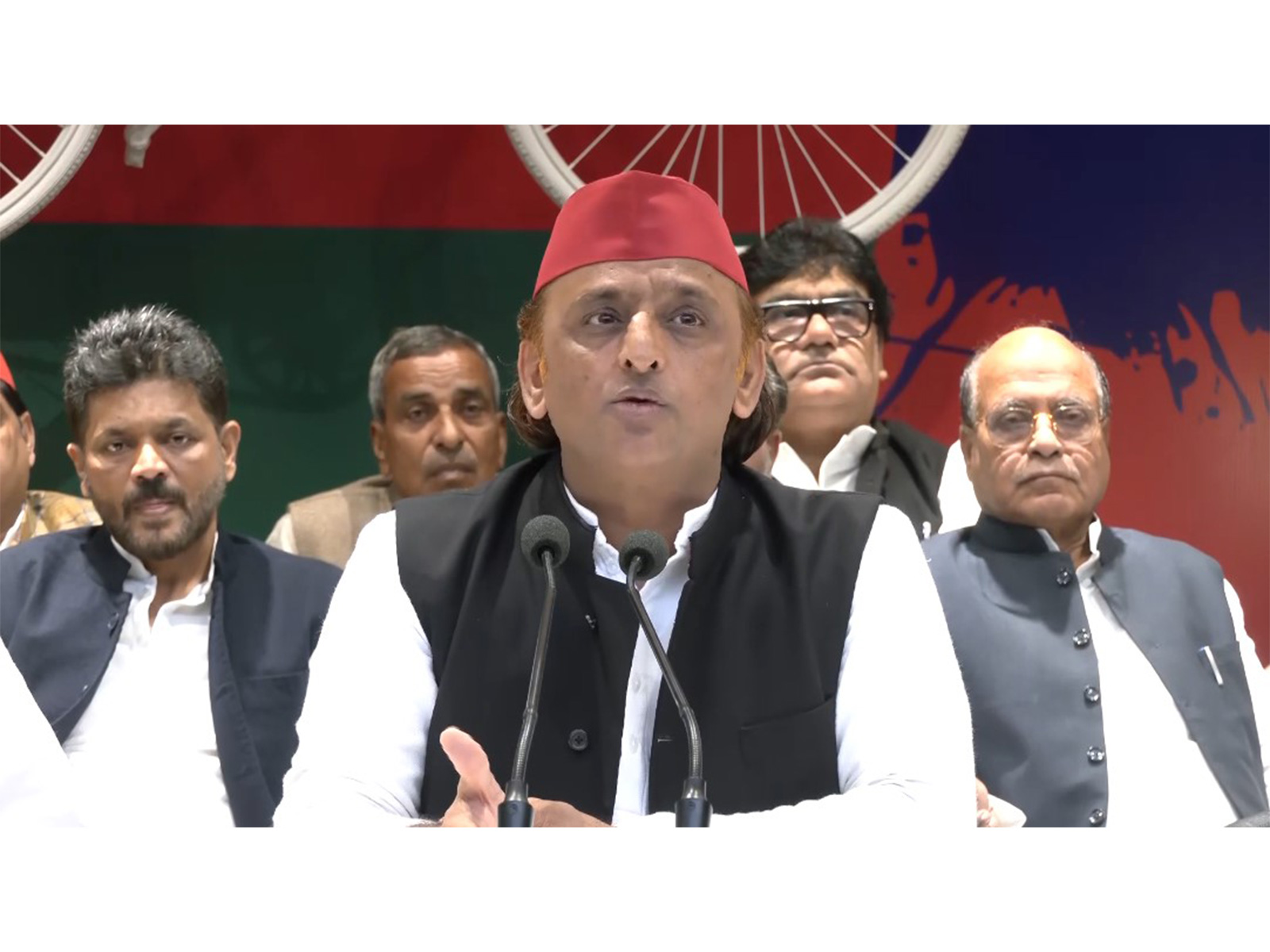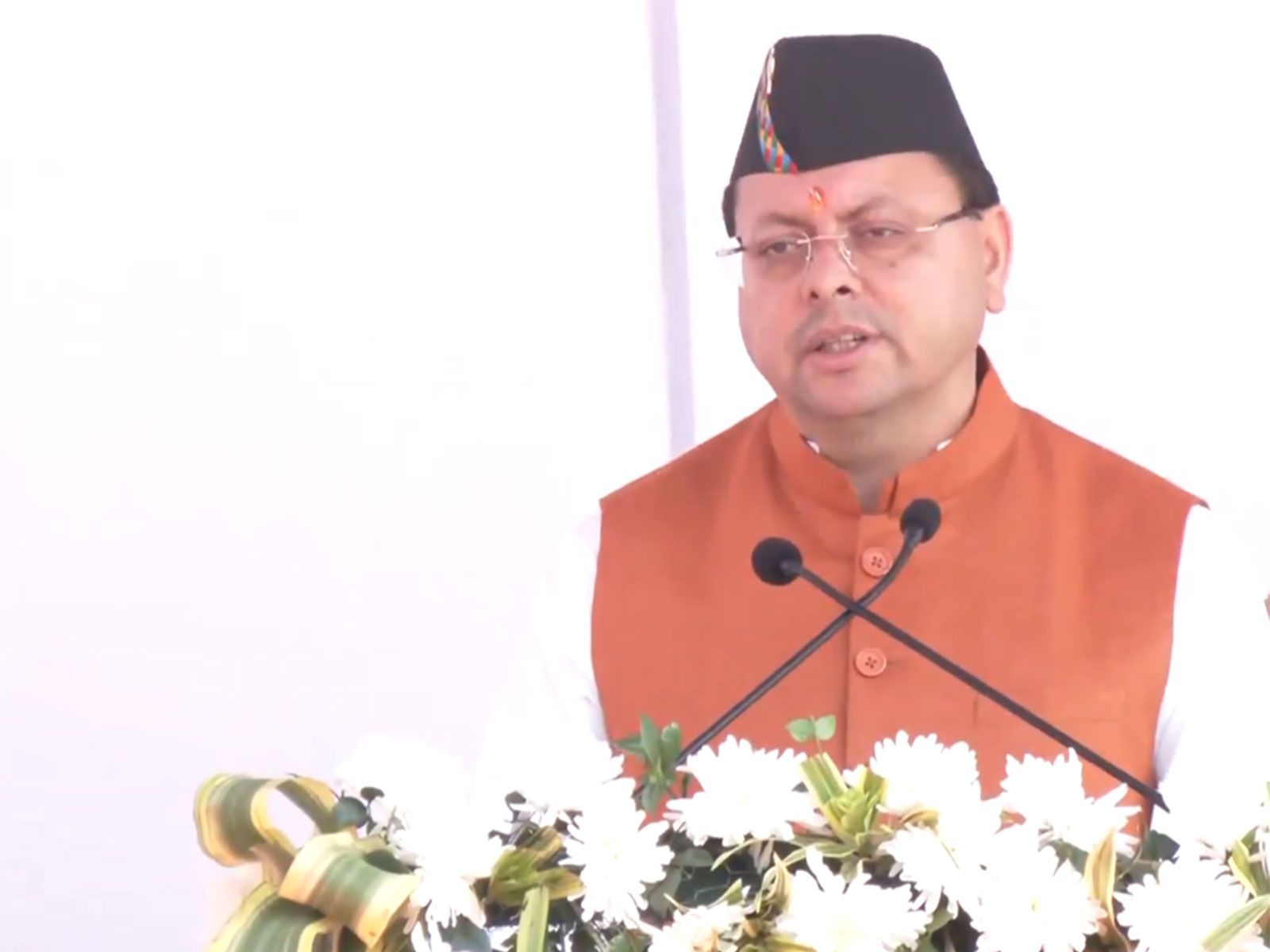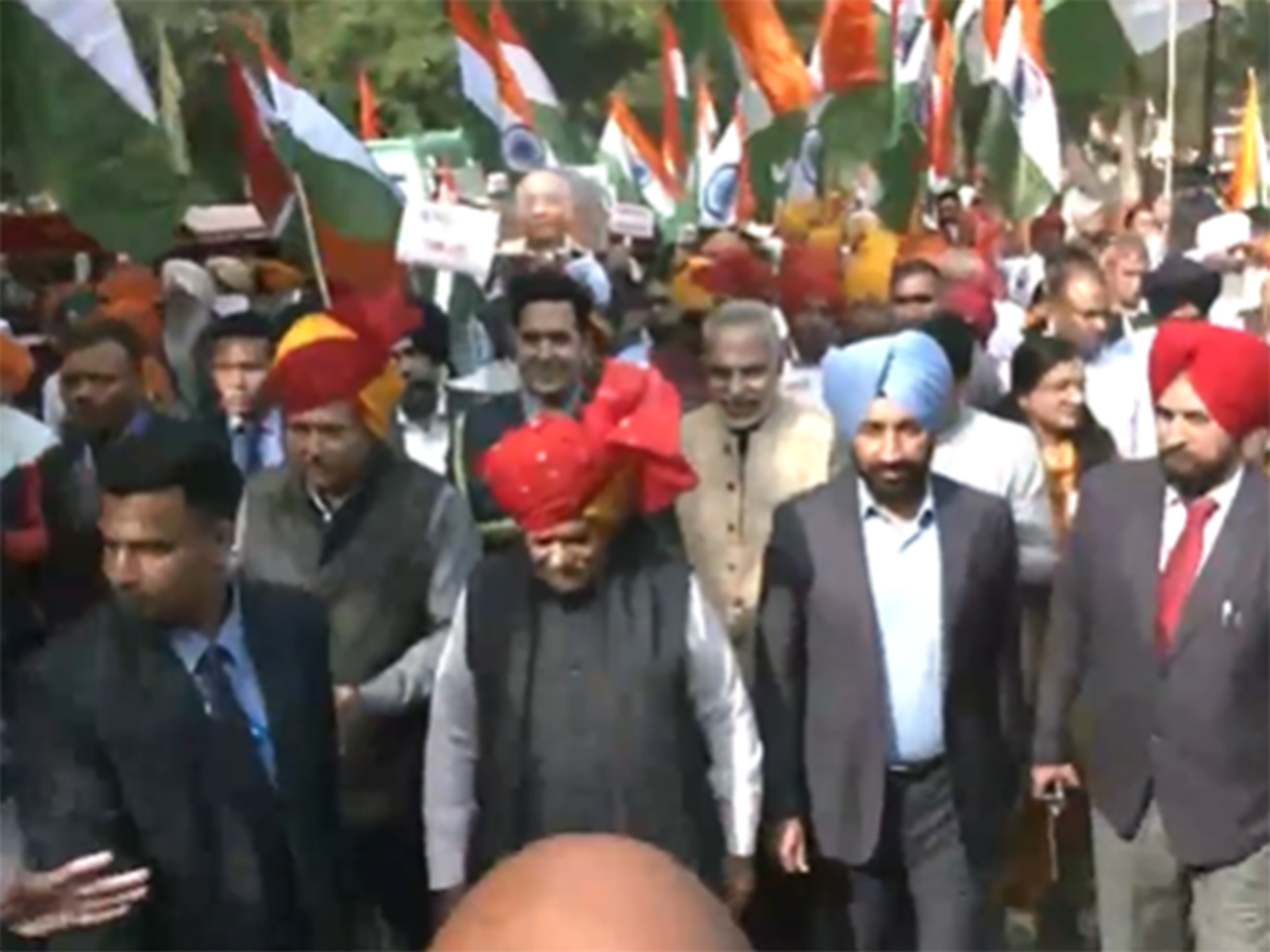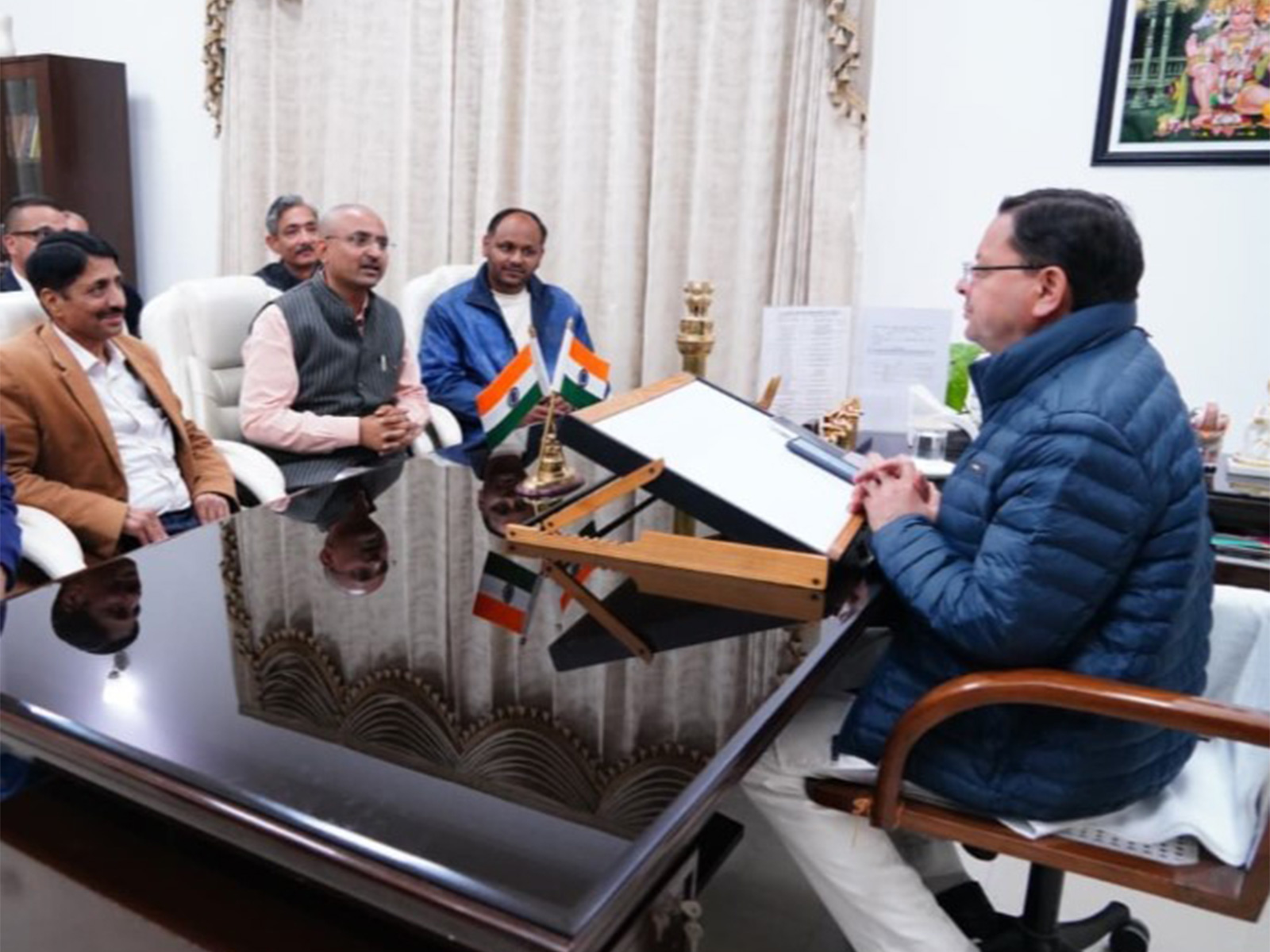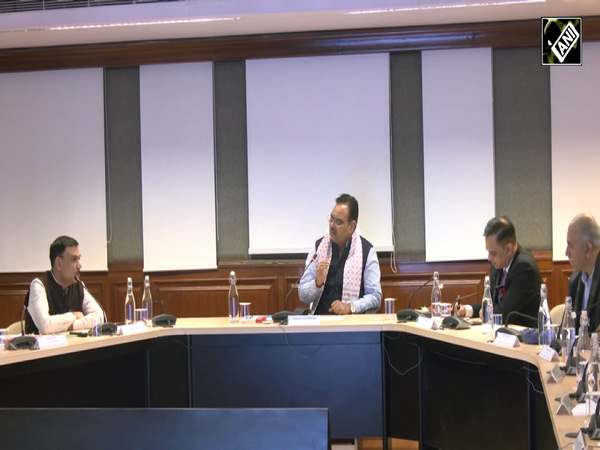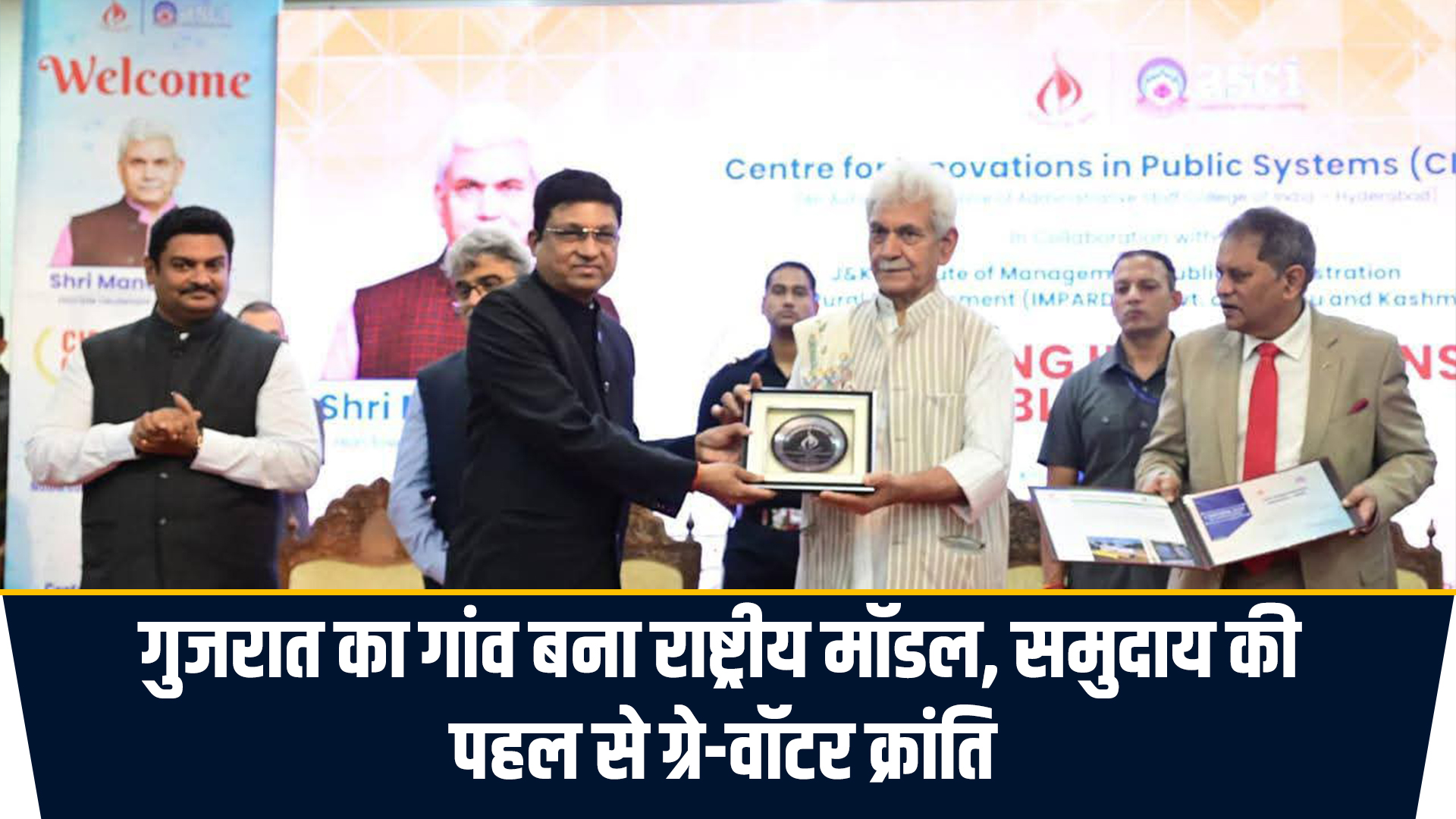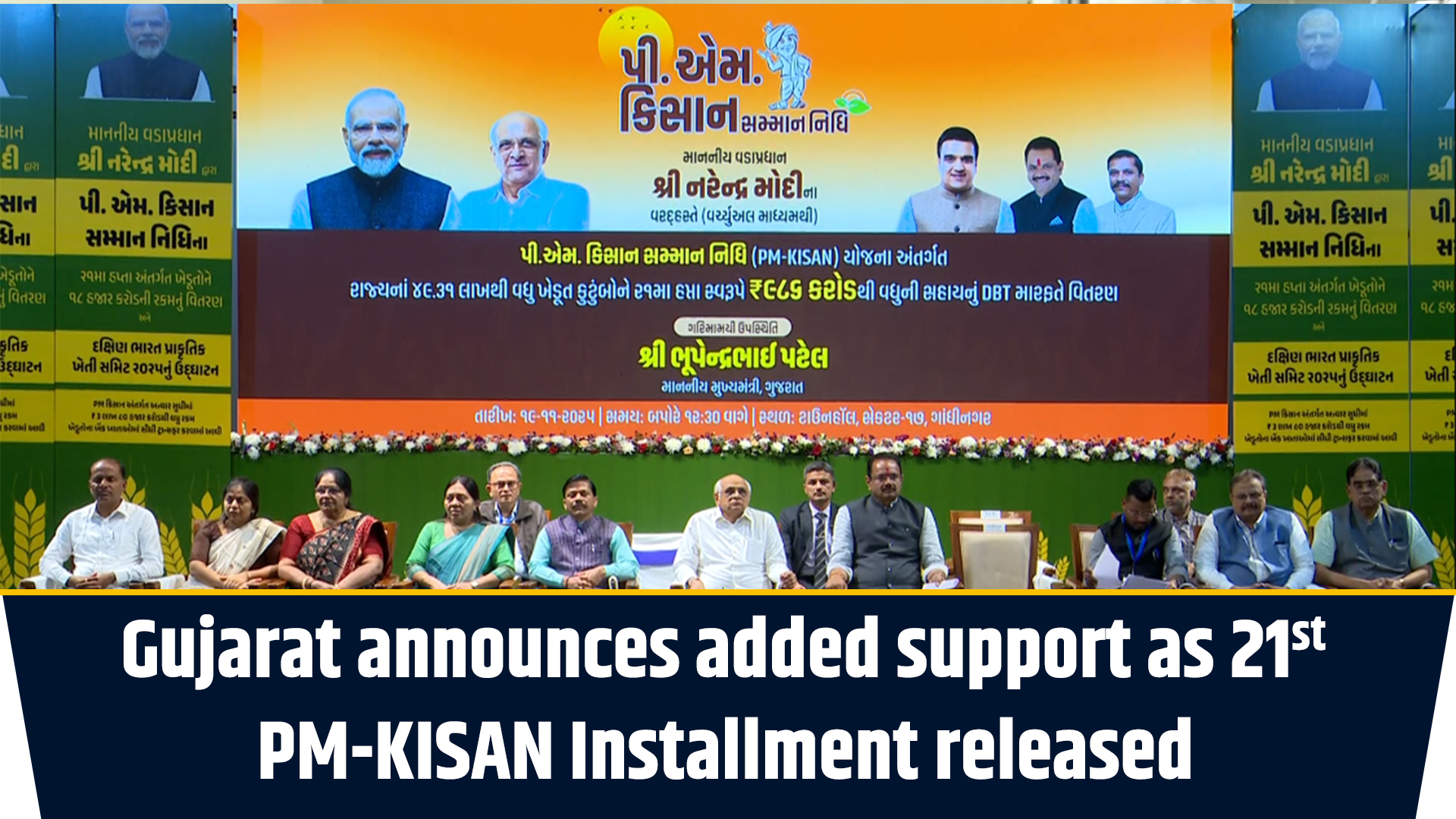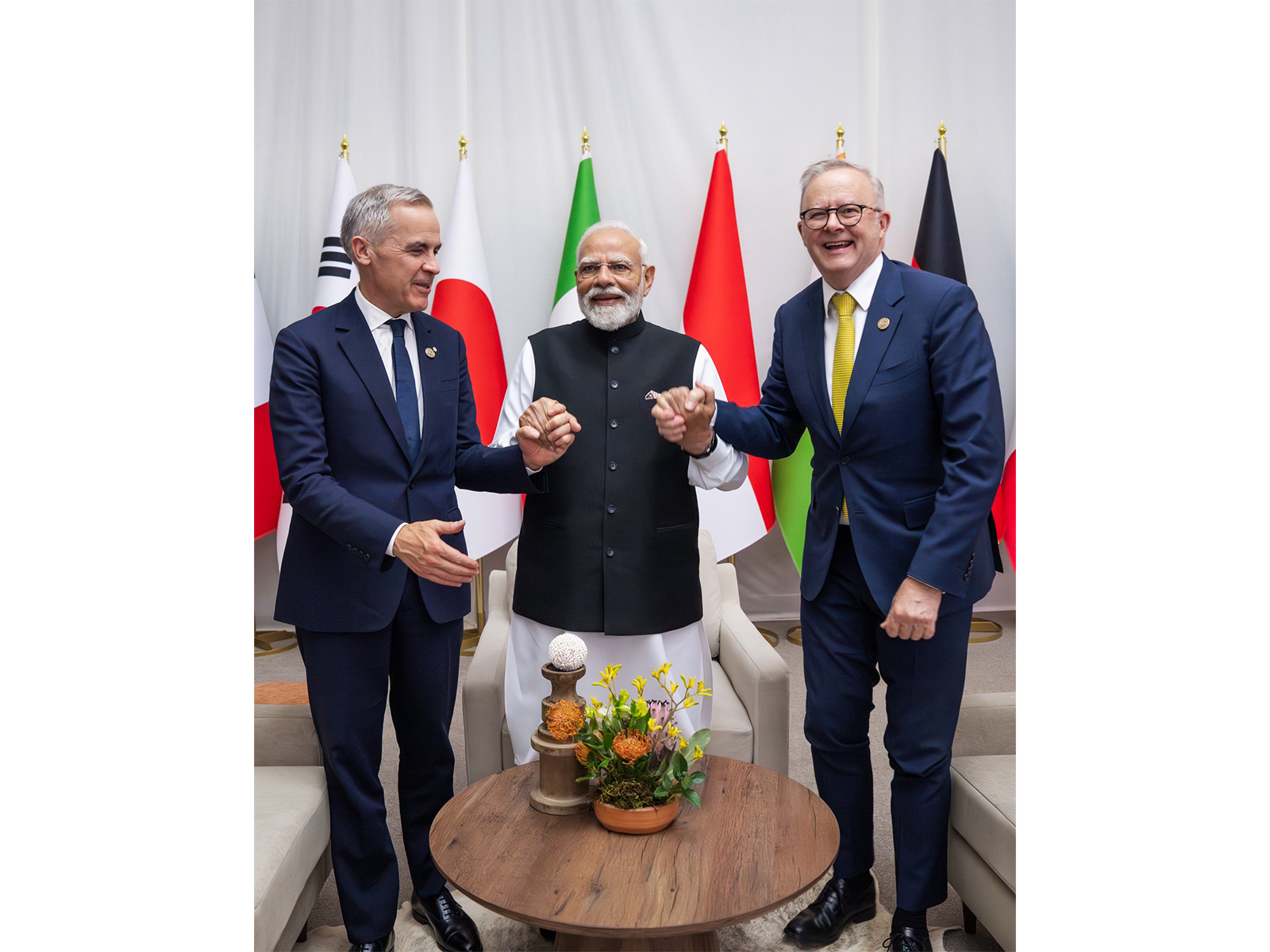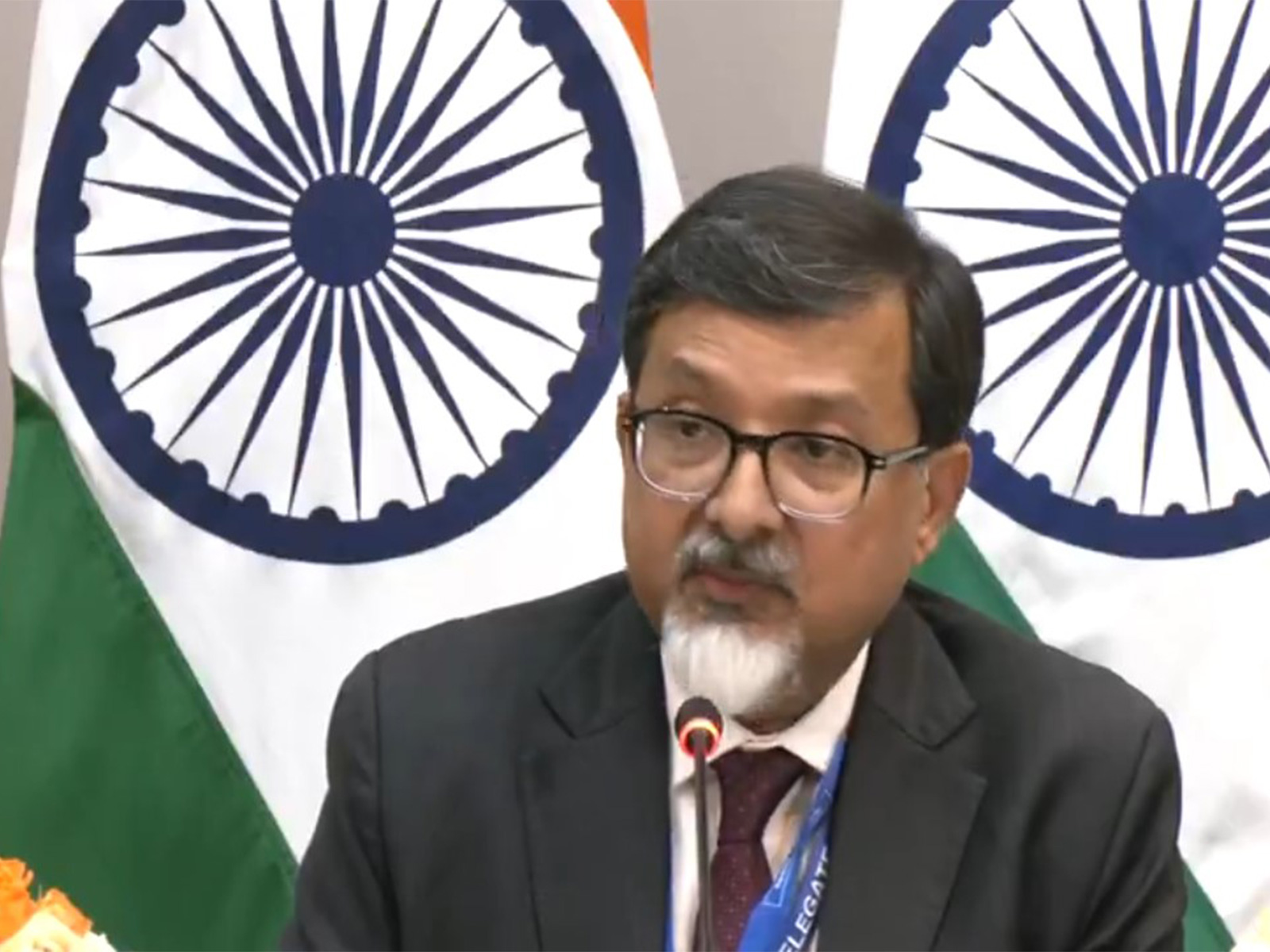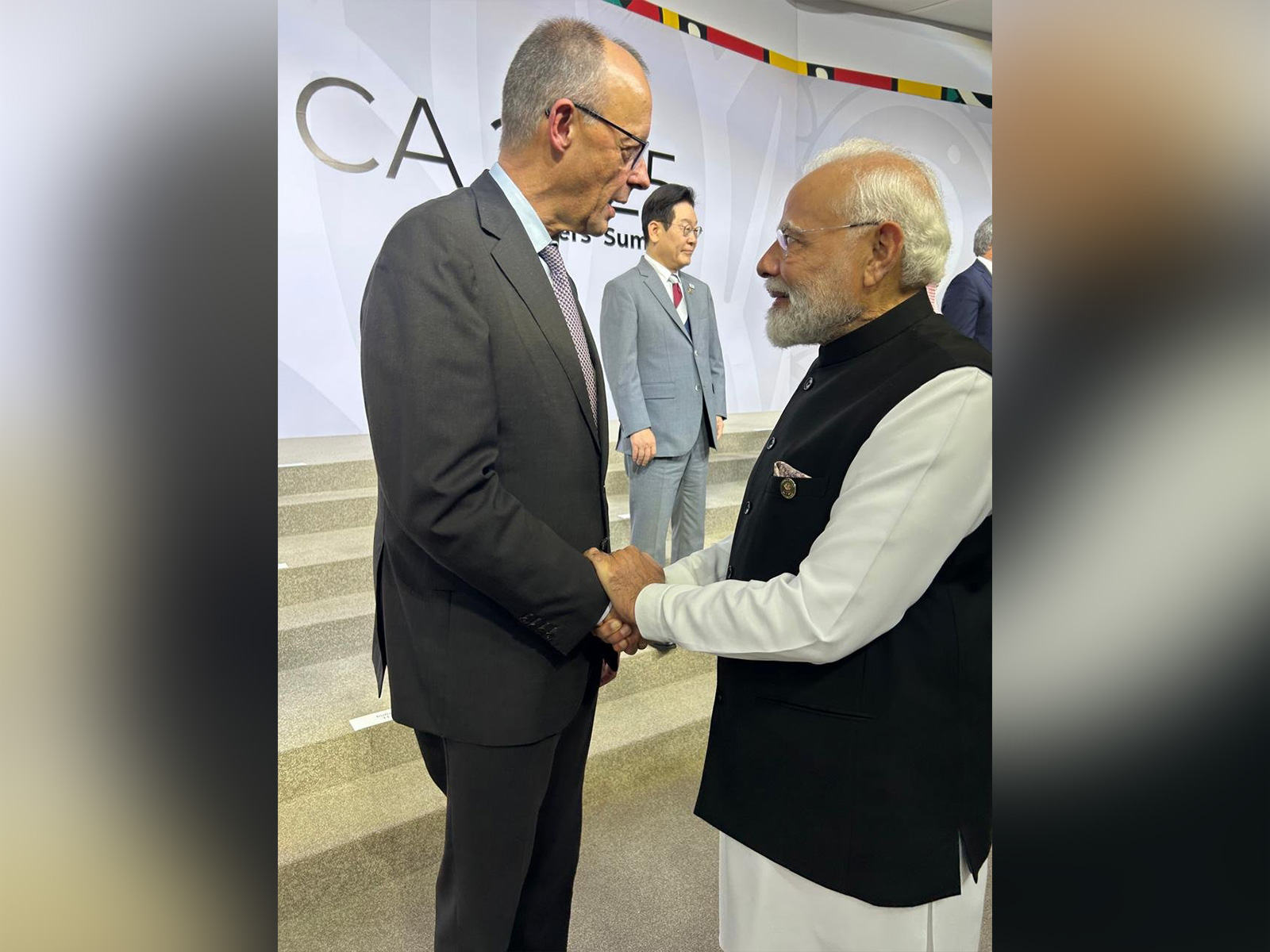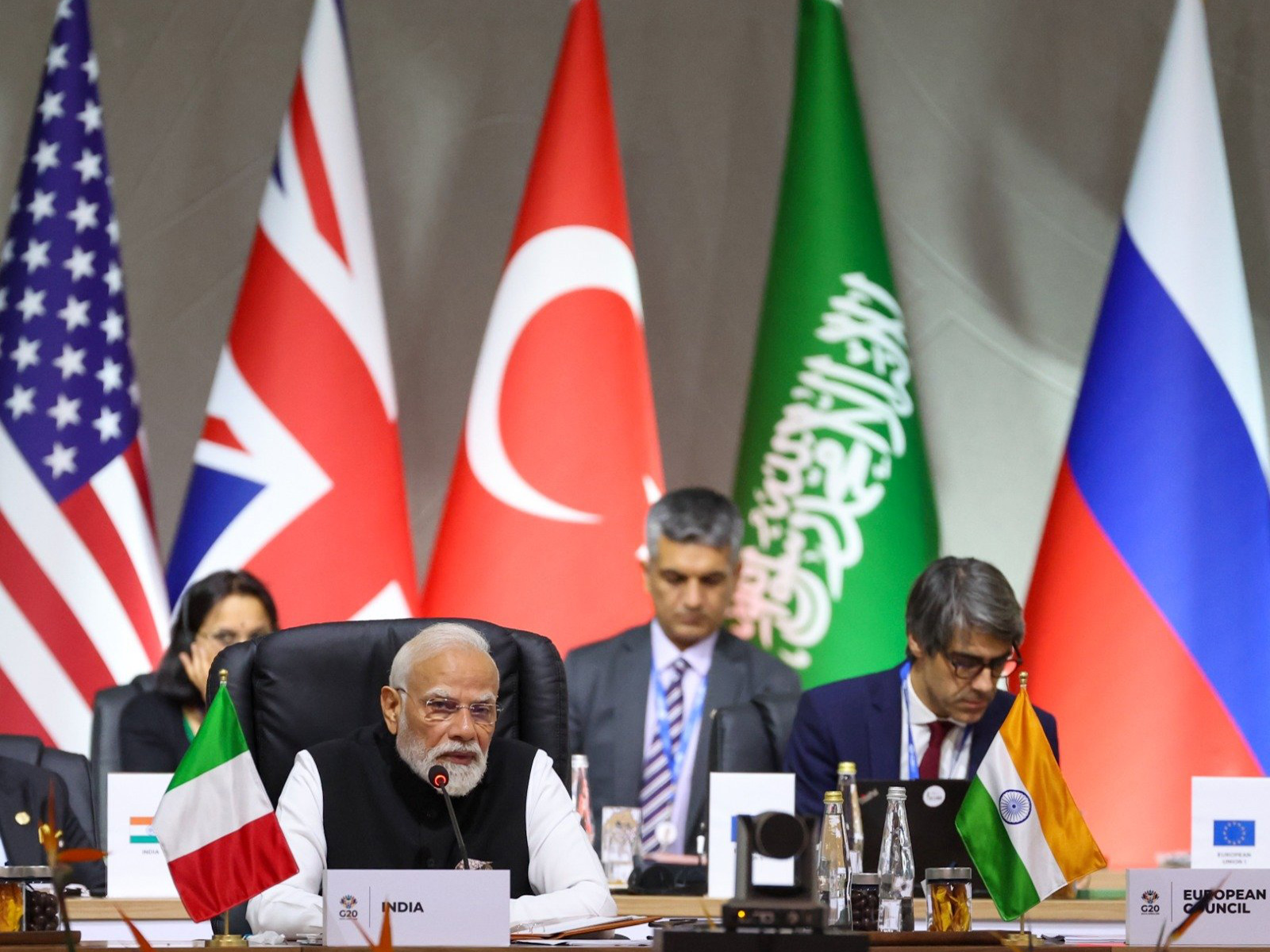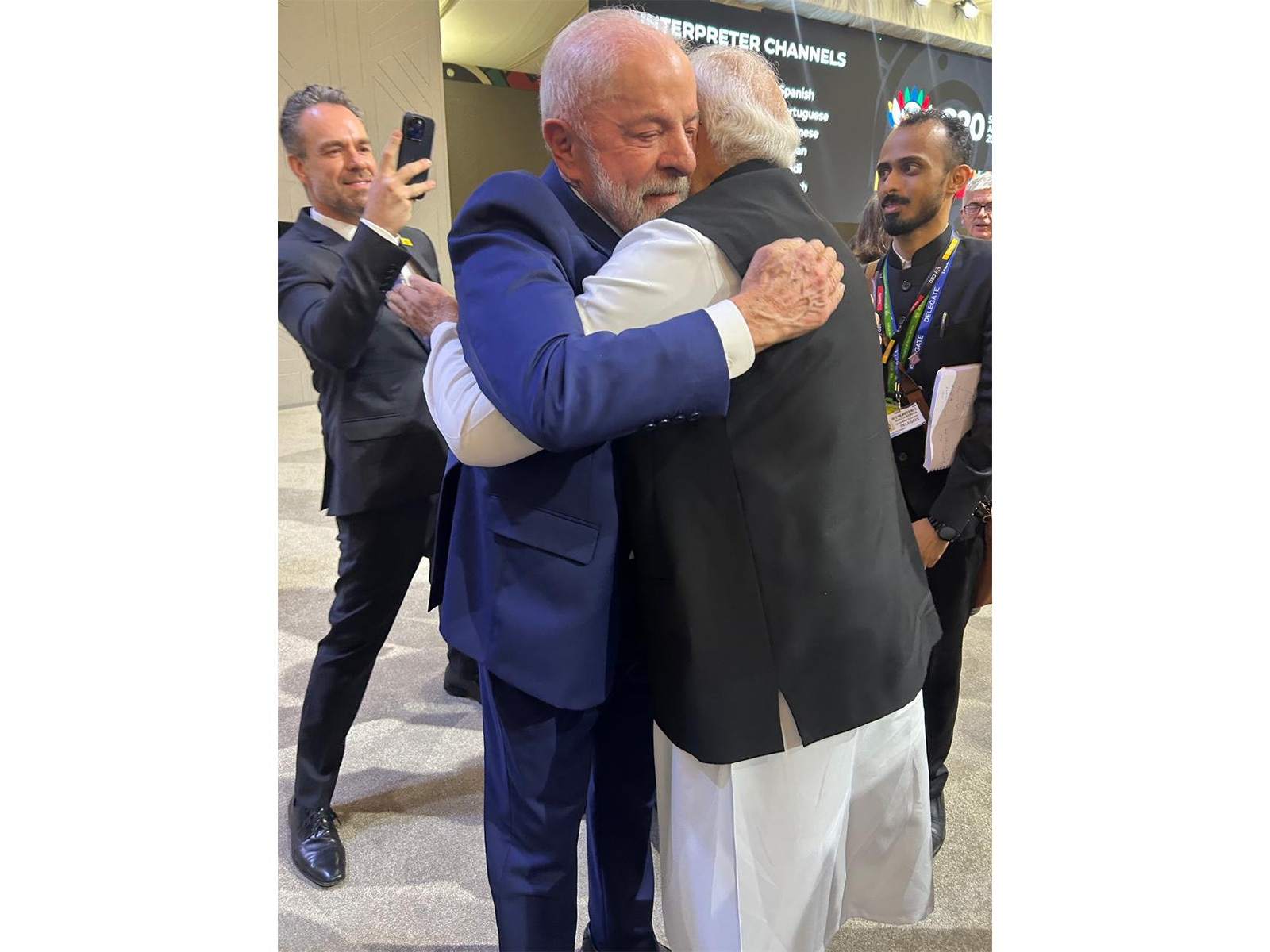
CJI designate Justice Surya Kant outlines priorities ahead of taking office on Monday
Nov 22, 2025
New Delhi [India], November 23 : Ahead of taking charge of the highest judicial office in the country, the Chief Justice of India (CJI) designate, Justice Surya Kant, on Saturday said that his primary focus would be on reducing the massive pendency of cases across courts in the country.
Justice Kant was addressing a group of legal journalists at his official residence in Delhi, ahead of taking charge as the Chief Justice of India (CJI) on Monday.
Justice Kant also described mediation, an alternative dispute resolution mechanism, as "a game changer" capable of providing faster, off-court settlements to litigants.
Justice Kant said that arrears (pending cases) must be addressed both at the individual court level and on a Pan-India basis. He noted that he has already taken up this issue. One of the major challenges, he explained, is the overlapping of matters. Several important cases have been referred to 5-, 7- or 9-judge Constitutional Benches and owing to this, the High Courts and even the Supreme Court are unable to take up many other cases. Thousands of matters are kept in abeyance as they await decisions from these larger benches, the judge added. As a result, High Courts and District Courts are also stuck due to multiple legal questions that remain unresolved, he stated.
He said that once these complexities are sorted out, the next steps can follow. He added that he would need about a week to study the situation closely and that the exercise itself would take some time. One of the criteria, he noted, is to take up the oldest cases first. However, he also acknowledged that there are new matters that require immediate and genuine attention.
Speaking on mediation, Justice Kant said that at all levels, the Supreme Court, High Courts and District Courts, referring suitable cases to mediation is often the easiest and most effective solution.
He pointed out that mediation has gained strong momentum in the country. Private corporations, banks and insurance companies have even approached the Supreme Court requesting training for their in-house legal officers because, as they conveyed that they don't want to go to courts. If pending and pre-litigation cases are resolved through mediation, he said, the overall burden on the courts would be significantly reduced, Justice Kant explained.
He also referred to the Community Mediation Compendium launched by Prime Minister Narendra Modi, calling it a positive signal that the country's environment is shifting in favour of mediation. He added that Section 138 (of the Negotiable Instruments Act) matters, in particular, are ideally suited for referral to mediation.
Justice Kant noted that Digital Courts and the use of AI could also be included in the workings of the judicial system.
He acknowledged the fear and apprehension surrounding AI but said that it is a technology capable of bringing meaningful change. Certain procedural aspects, he explained, can be streamlined by AI, but there comes a point at which every litigant expects a human court to deliver a final judgment. AI in litigation, therefore, has a limited but useful role, Justice Kant said.
He concluded by stressing the need for optimal use of judicial time. Pendency will always exist, he said, but when a matter is urgent, the system must still make space to address it despite the backlog.
